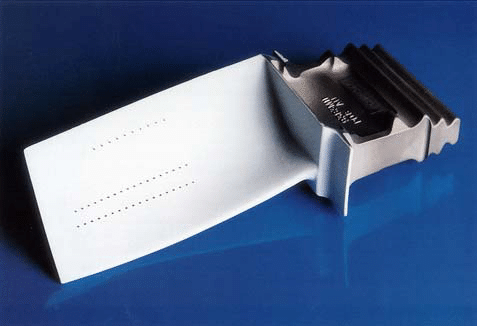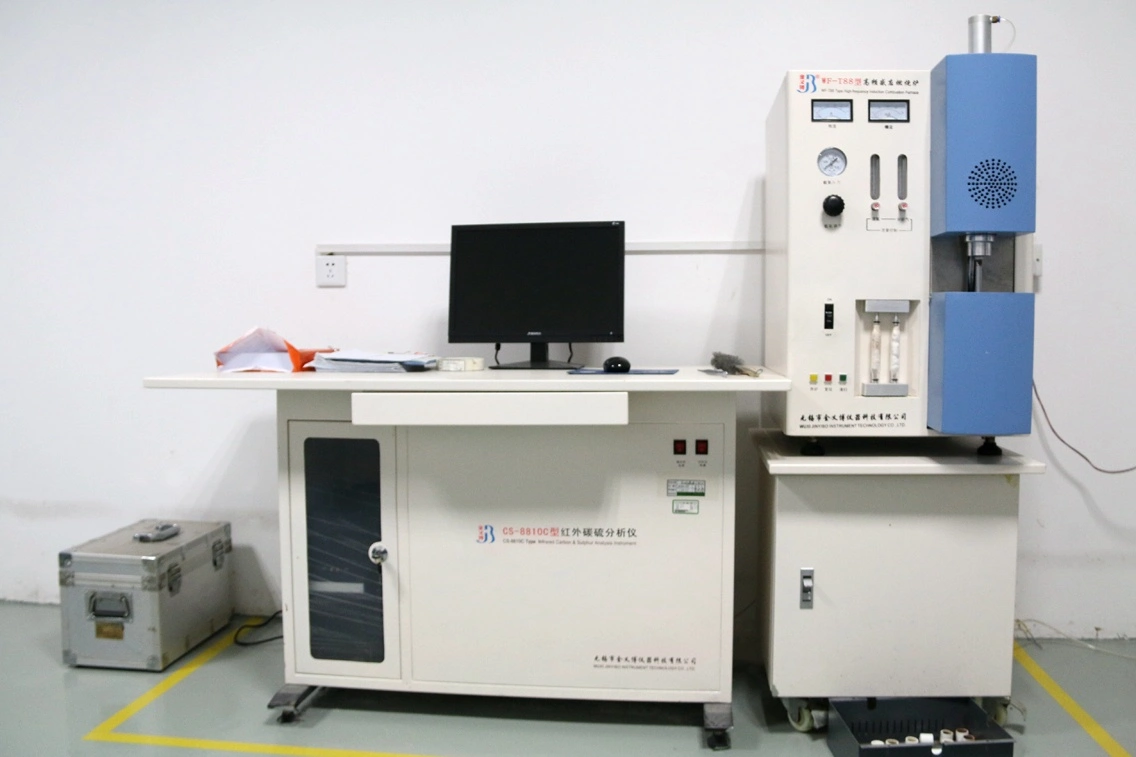Custom Parts 3D Printing Service | Instant 3D Printing Quotes | ISO 9001 Certified
Metal Material Solutions
In the field of metal 3D printing, we offer a comprehensive range of materials to meet the specific needs of different industries. Superalloy materials such as Inconel 718 and Hastelloy X provide excellent high-temperature strength and oxidation resistance, making them ideal for aerospace engine and gas turbine components. Titanium alloy materials, including TC4 and Ti-6Al-4V ELI, are widely used in aerospace and medical implants due to their outstanding strength-to-weight ratio and biocompatibility.
For applications requiring excellent corrosion resistance and mechanical properties, we offer a range of stainless steel materials, including SUS316L and 17-4PH, which perform exceptionally well in chemical equipment and food processing machinery. Additionally, we offer specialized tool steel materials, including H13 and 1.2709, for the manufacture of injection molds and die-casting molds.
Special Engineering Materials
In the field of non-metal materials, we offer high-performance PEEK and ULTEM materials, which feature excellent chemical resistance, mechanical strength, and thermal stability, making them suitable for demanding environments in aerospace, automotive, and medical industries. For applications requiring high precision and fine surface quality, our range of photosensitive resins offers a variety of options, from standard to specialty grades.
Our ceramic materials, including alumina and zirconia, offer excellent thermal stability and biocompatibility, and are uniquely applied in various fields, such as electronics, medicine, and industry. Meanwhile, copper alloy materials, with their exceptional thermal and electrical conductivity, play an important role in the manufacturing of heat exchangers and electrical components.
Industry Application Cases
Aerospace Sector
In the aerospace sector, we provide customers with comprehensive solutions from prototyping to end-use parts. By utilizing titanium alloy 3D printing technology, we enable customers to manufacture lightweight aircraft door hinge components, achieving a 35% weight reduction while maintaining the required strength and durability. For engine components, we utilize superalloy 3D printing to produce turbine blades, which, after undergoing hot isostatic pressing and thermal barrier coating treatment, significantly enhance their high-temperature performance and service life.
Medical and Healthcare Sector
In the medical and healthcare sector, we are dedicated to delivering personalized medical solutions tailored to each patient's needs. By utilizing biocompatible materials, our surgical guides and implants enable surgeons to perform complex surgical planning with greater accuracy. Orthopedic implants produced using Selective Laser Melting technology feature optimized porous structures that ensure mechanical performance while promoting bone ingrowth. In the dental field, our high-precision resin materials are used to produce dental models and surgical guides, delivering accurate solutions for dental restoration and implant procedures.
Automotive Manufacturing Sector
The automotive industry has stringent requirements for component performance and quality. Through Direct Metal Laser Sintering technology, we manufacture lightweight suspension components for racing teams, not only reducing weight but also enhancing part performance through optimized design. In traditional automotive manufacturing, we utilize nylon materials to produce pipeline prototypes, enabling customers to conduct assembly verification and functional testing during the development stage. Additionally, we provide small-batch customized manufacturing and tooling solutions for the automotive sector.
Quality Control System
Full-Process Quality Monitoring
Our quality control system is integrated throughout the entire production process. Starting from raw material warehousing, all 3D printing materials must undergo rigorous inspection and certification to ensure compliance with relevant standards. During production, we utilize advanced monitoring systems to track printing parameters in real-time, ensuring process stability. Each print job is accompanied by detailed process records, ensuring complete traceability.
Inspection and Verification
In the product inspection stage, we apply multiple advanced testing methods. For critical components, we use industrial CT for full-dimensional inspection to ensure the integrity of internal structures. Coordinate Measuring Machines provide precise dimensional verification, while metallographic analysis enables in-depth research on the microstructure of materials. These stringent inspection procedures ensure that every delivered part meets customer requirements and industry standards.
How to Start Your Project
Design Optimization Recommendations
Before printing begins, our engineering team can offer professional advice on your design. We are familiar with the characteristics and limitations of various 3D printing processes and can help you optimize designs to fully leverage the advantages of additive manufacturing. From support structure design to build orientation selection, we provide expert guidance to ensure optimal printing results and cost efficiency.
Fast-Response Service Process
Our service process is designed around customer needs. Through our online platform, you can easily upload design files and receive instant quotations. If technical support is required, our engineering team will respond to your request as soon as possible. From order confirmation to production completion, we maintain transparent communication to ensure you are always informed about the status of your project.



